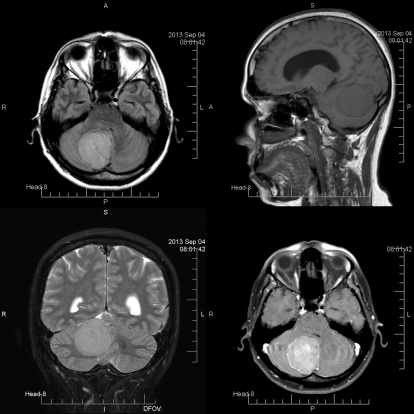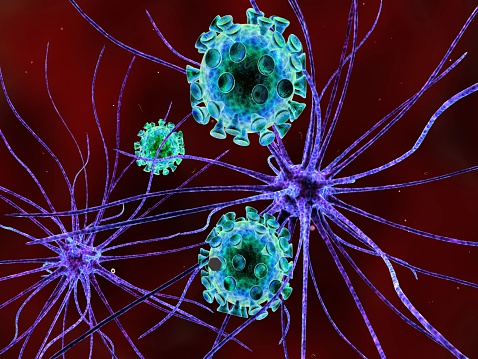Dementia onset and progression may be slowed down with lifestyle changes
A new study suggests that simple lifestyle changes may delay the onset of or slow down dementia. The researchers found that keeping your brain active through “cognitive training,” controlling your blood pressure, and regular exercise can go a long way in keeping your brain healthy. CEO emeritus of the American Association for the Advancement of ...click here to read more














